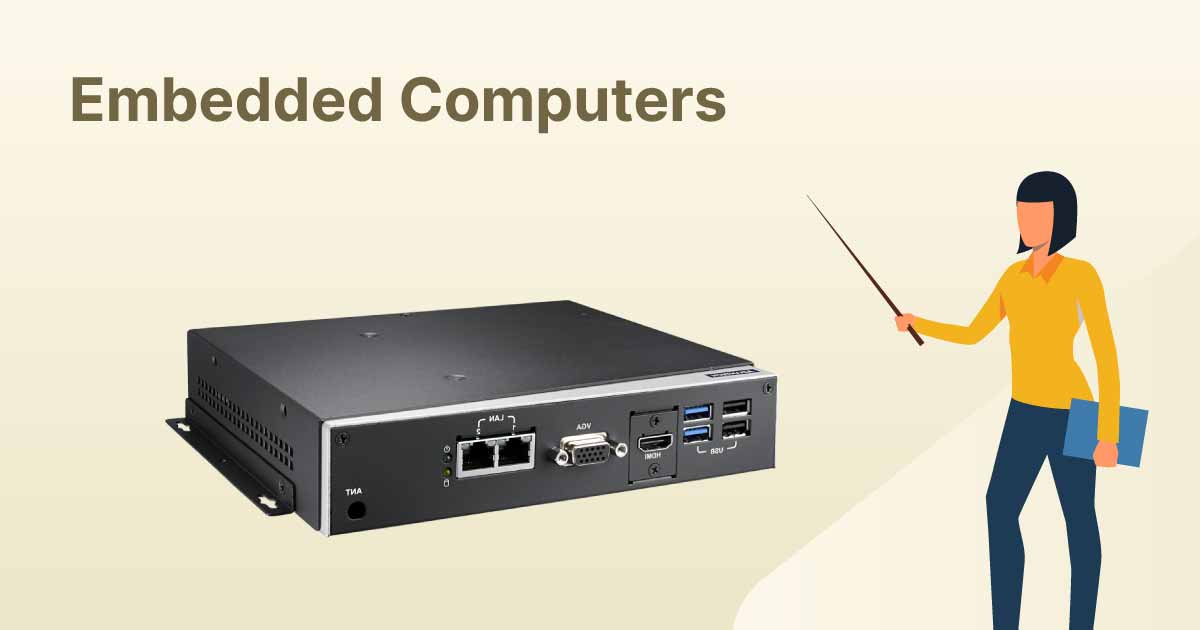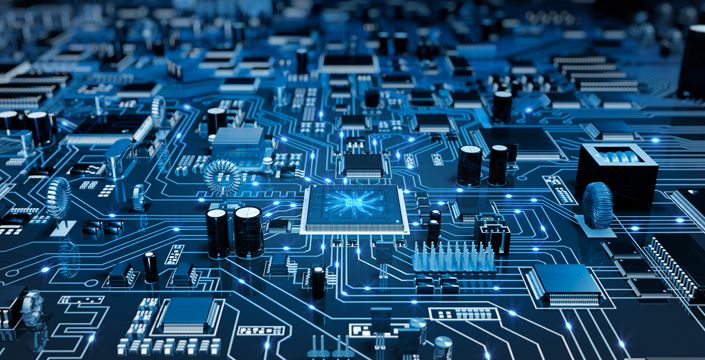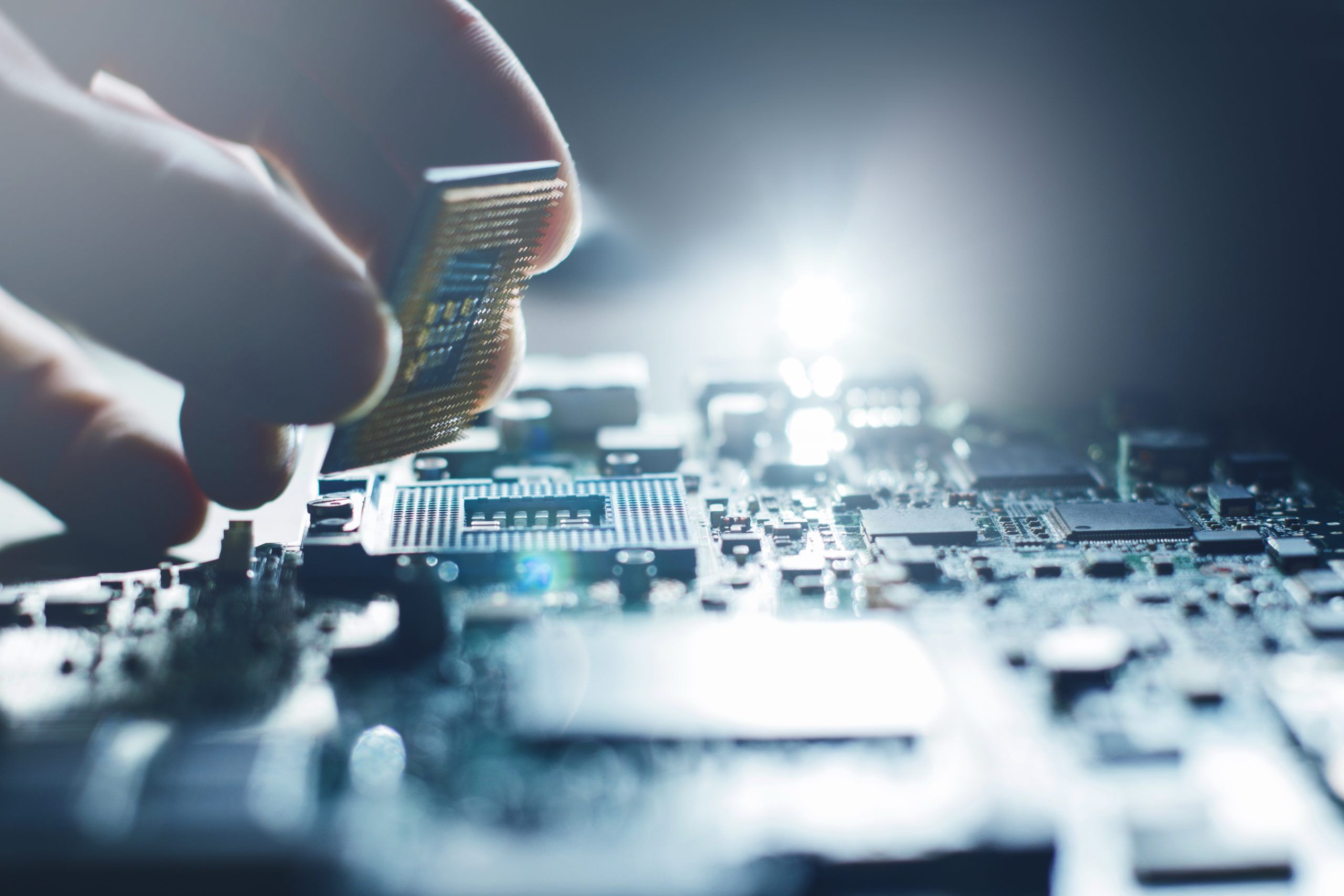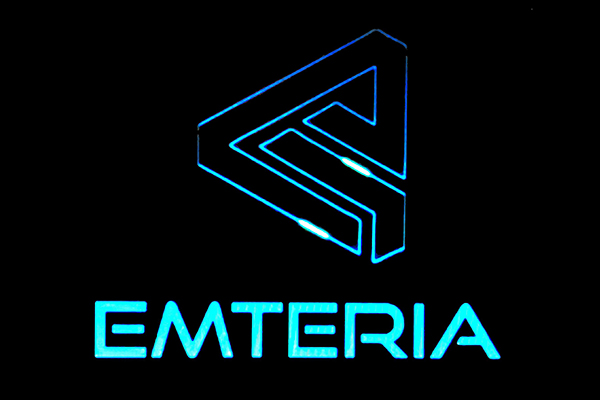Embedded computers are specialized computing systems designed to perform specific tasks within larger devices or systems. Unlike general-purpose computers, they are optimized for efficiency, reliability, and low power consumption. Embedded computers are integral to modern technology, powering everything from smartphones and smart home devices to automotive systems and industrial machinery. Their ability to provide dedicated functionality, enhance device performance, and enable the Internet of Things (IoT) makes them crucial in today’s interconnected world.
What Are Embedded Computers?
Embedded computers are specialized computing systems designed to perform specific, dedicated functions within a larger device or system. They are built to manage particular tasks efficiently and reliably, often operating in real-time. These systems include hardware and software optimized for the device they control, ranging from simple microcontrollers to complex, multi-core processors.

What’s the Difference Between it and General-Purpose Computers?
Unlike general-purpose computers, which are designed to handle a wide range of tasks and applications, embedded computers are tailored for specific functions. General-purpose computers, such as desktops and laptops, have more processing power, memory, and storage to support various software applications and multitasking. In contrast, embedded computers are optimized for a single task or a set of tasks, resulting in lower power consumption, smaller size, and reduced cost. This specialization allows embedded systems to perform their functions more efficiently and reliably than general-purpose computers.
Why Did Embedded Computers Are Designed and Developed?
Embedded computers emerged as technology advanced and the need for more specialized, efficient computing solutions became apparent. Early examples include the Apollo Guidance Computer used in the 1960s for moon missions and the microcontrollers introduced in the 1970s for industrial and consumer electronics. Over time, as semiconductor technology evolved, embedded systems became more powerful, compact, and affordable, leading to their widespread adoption across various industries.
Key Needs and Demands They Address
- Specialization and Efficiency: Embedded computers are designed to perform specific tasks with high efficiency. This specialization allows them to handle dedicated functions, such as controlling an appliance or managing a car’s engine, more effectively than general-purpose computers.
- Size and Power Constraints: Many applications require small, lightweight, and power-efficient solutions. Embedded systems are optimized to meet these constraints, making them ideal for portable and battery-operated devices like smartphones, medical implants, and wearable technology.
- Cost and Resource Optimization: Embedded computers are tailored to include only the necessary components for their specific tasks, reducing costs and resource consumption. This optimization makes them a cost-effective choice for mass-produced consumer electronics, industrial machines, and other applications where affordability and efficiency are critical.
Advantages of Embedded Computers
Embedded computers offer numerous advantages that make them integral to modern technology. These specialized systems are designed to efficiently handle specific tasks within a variety of devices, providing significant benefits that enhance performance and functionality. Here are some key advantages of embedded computers.

Compact Size
Embedded computers, especially that designed by Geniatech, are designed to be small and compact, making them suitable for integration into a wide range of devices, from portable electronics to complex industrial machinery.
High Efficiency
They are optimized to perform specific tasks efficiently, ensuring reliable and effective operation without the overhead of unnecessary functions.
Low Power Consumption
Embedded systems are built to consume minimal power, which is crucial for battery-operated devices and applications where energy efficiency is essential.
Cost-Effectiveness
By including only the components necessary for their specific functions, embedded computers are more cost-effective to produce and maintain compared to general-purpose computers.
Real-Time Performance Capabilities
Embedded systems can provide real-time performance, which is vital for applications that require immediate processing and response, such as automotive control systems and industrial automation.
Customization and Flexibility
They offer a high degree of customization, allowing developers to tailor the hardware and software to meet the exact needs of their applications, ensuring optimal performance and functionality.
Main Use Cases for Embedded Computers
Embedded computers excel in numerous applications due to their specialized design and efficiency. Here are some of the most suitable cases for their use:
Consumer Electronics
- Smartphones: Managing apps, connectivity, and various sensors.
- Smart TVs: Handling streaming, user interfaces, and interactive features.
- Home Appliances: Automating tasks in washing machines, refrigerators, and microwaves.
Automotive Industry
- Engine Management: Optimizing fuel efficiency and performance.
- Infotainment Systems: Providing entertainment, navigation, and connectivity.
- Safety Systems: Enhancing features like airbags, anti-lock brakes, and driver assistance technologies.
Industrial Automation
- Robotics: Controlling robotic arms and automated assembly lines.
- Control Systems: Managing machinery and processes in manufacturing plants.
Medical Devices
- Pacemakers: Regulating heartbeats with precise timing.
- Monitoring Systems: Tracking patient vitals and providing real-time data to healthcare professionals.
IoT Devices
- Sensors: Collecting data for smart homes, environmental monitoring, and industrial applications.
- Gateways: Facilitating communication between IoT devices and the internet.
- Smart Home Devices: Controlling lighting, security systems, and home automation features.
These cases highlight the versatility and essential role of embedded computers in enhancing the functionality and efficiency of various devices and systems across different industries.

Limitations of Embedded Computers in Application
While embedded computers offer significant benefits, they also come with certain limitations that can affect their application in various scenarios. It’s important to be aware of these constraints to make informed decisions about their use. Here are some key limitations of embedded computers:
Reduced Computing Power
Embedded systems generally have less processing power and memory than general-purpose computers, making them unsuitable for tasks requiring high computational power or multitasking capabilities.
Challenges in Upgradability
Upgrading hardware or software in embedded systems is often difficult due to their fixed configurations. This can be a significant limitation when new features or enhancements are needed.
Restricted Flexibility
The specialized design of embedded systems limits their ability to adapt to new or different tasks, reducing their flexibility compared to more general-purpose computing solutions.
Security Concerns in IoT
Embedded computers in IoT devices can be prone to security vulnerabilities. Limited resources can hinder the implementation of strong security measures, increasing the risk of cyberattacks and data breaches.
Understanding these limitations is crucial for effectively leveraging embedded computers and mitigating potential risks in their applications.
Geniatech Embedded Solutions
Geniatech is a leading provider of embedded computing solutions, specializing in the development and manufacture of innovative products tailored for various industries. With a strong focus on creating high-quality, reliable, and customizable embedded systems, Geniatech aims to meet the diverse needs of modern technology applications.
Embedded Products of Geniatech
- Single-Board Computers (SBCs): Compact, all-in-one computing solutions designed for integration into a wide range of devices and applications.
- System-on-Modules (SoMs): Modular solutions that include core computing components, offering flexibility and ease of integration into custom hardware designs.
- Set-Top Boxes: Devices designed for media streaming, providing high-performance and user-friendly interfaces for home entertainment systems.
- IoT Gateways: Solutions that connect IoT sensors and devices to the internet, facilitating efficient data collection, communication, and management.
How Geniatech Addresses Industry Needs
- Customization Options: Geniatech offers a high degree of customization, allowing clients to tailor their embedded solutions to specific requirements and applications, ensuring optimal performance and functionality.
- Support for Various Applications: Geniatech’s products are designed to support a wide range of applications, from consumer electronics and automotive systems to industrial automation and medical devices, providing versatile and reliable solutions.
- Integration with IoT Ecosystems: Geniatech’s embedded systems are built to seamlessly integrate with IoT ecosystems, enhancing connectivity, data management, and overall system efficiency. This makes them ideal for smart home devices, industrial IoT applications, and more.
Through these offerings, Geniatech continues to play a pivotal role in advancing embedded computing technology and meeting the evolving demands of various industries.
Conclusion
Embedded computers are crucial for the functionality and efficiency of modern devices across various industries. Their specialization, compact size, and low power consumption make them indispensable in applications from consumer electronics to industrial automation. Looking ahead, the future of embedded technology promises further advancements in processing power, energy efficiency, and connectivity, driven by innovations in IoT and AI. As these systems become more integrated and intelligent, they will continue to revolutionize how devices interact and operate, offering even greater benefits and possibilities for technological progress.

